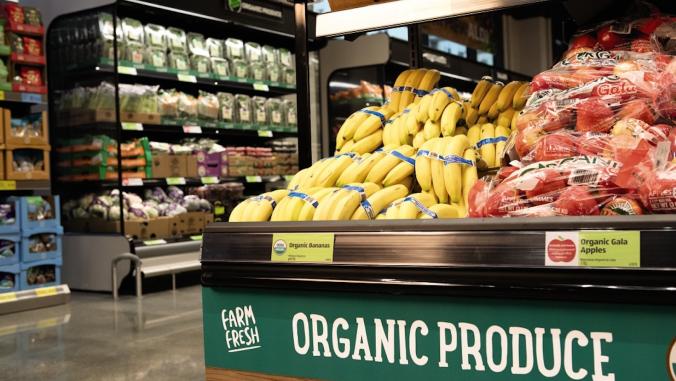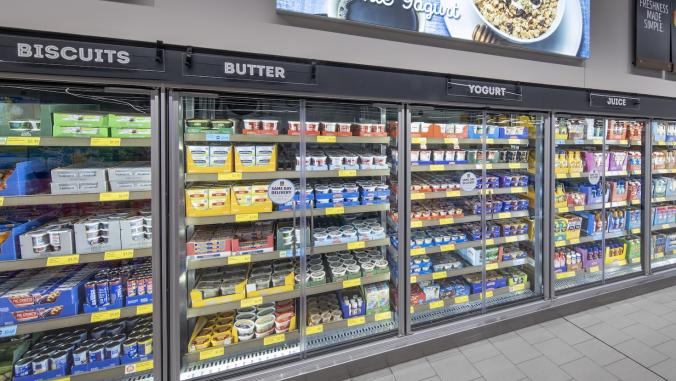As sustainability becomes professionalized, all professions look for sustainability skills
While positions focused solely on corporate sustainability positions are still rare among LinkedIn listings, environmental skills were among four of the top 10 fastest-rising skills among all LinkedIn users.

GreenBiz’s 2020 State of the Profession report illuminates the hard numbers measuring career realities for sustainability leaders across all industries. Among other things, the data show shifts to more engaged CEOs, increased investor pressure and a boost in hiring of sustainability professionals among the surveyed companies.
But behind the 1s and 0s is always a more nuanced conversation needing to take place, especially as the research was conducted before the economic crisis brought on by the COVID-19 pandemic.
During a recent GreenBiz webcast held to highlight the research, Senior GreenBiz Senior Analyst John Davies spoke with Ellen Weinreb, sustainability and ESG recruiter, and Peggy Brannigan, senior program manager for global sustainability at LinkedIn, to shed light on the practical significance of the report for companies and employees.
New priorities
With the new reality of COVID-19 absent from the report (due to the survey’s completion at the end of 2019) the elephant in the sustainability office is how the pandemic will change career outlooks and priorities for 2020.
Over the past 20 years, sustainability activists helped encourage the creation of strong metrics for measuring the environmental and governance aspects of ESG for businesses. But the work related to the social component is still in its infancy. After the pandemic, investors will want to know if companies did right by their employees and their suppliers, the webcast presenters said.Increasingly, responsibilities for environmental management are going to be spread across an enterprise. Job postings are going to call on people with more and more sustainability skills.
"I think investors are really going to be drilling down post-COVID-19," Davies said. "I think the S in ESG is going to get a lot more focus going forward."
The greening of jobs
While over 50 percent of survey respondents reported an increase in budget and headcount over the past two years, the money is being spent very strategically.
Weinreb commented on the increase in extremely specific and specialized requests in her recruiting. Businesses are no longer looking for a sustainability generalist but instead want deep expertise in a few areas that are core to their industry, she said. Weinreb mentioned a cake company looking for a specialist in chemical engineering sustainability with a background in packaging.
This need for specialization has spurred a rush of external hiring for sustainability experts. Seventy-one percent of the sustainability professionals surveyed by GreenBiz said they were hired into their role from outside the company.
However, along with the demand for specialization has been a greening of all job corporate functions, Brannigan observed. LinkedIn’s analysis of its job postings showed that while positions focused solely on corporate sustainability positions were rare, environmental skills were among four of the top 10 fastest-rising skills among all LinkedIn users.
"Increasingly, responsibilities for environmental management are going to be spread across an enterprise," Brannigan said. "And job postings are going to call on people with more and more sustainability skills."
Picking teams
Inside organizations, sustainability departments are still figuring out where they fit in the hierarchy of a company org chart, according to the data. While there is no one correct place for a sustainable team to report, the number of teams sitting under the supply chain department have jumped 18 percent from 2018, the survey showed.
The shift indicates a change in mindset — where business leaders now see sustainability as integral to their risk management and product survival, the webcast experts said. However, dotted lines on those organizational charts are more common as sustainability teams collaborate with many departments and must convince stakeholders across the organization.
"It’s beneficial for us to sit right near where the people that are making decisions and control the money are," Brannigan said.Instead of hiring one sustainability professional to oversee all aspects, businesses are starting to require all employees to think sustainably.
But Davies has seen anecdotally that the true marker of success is the passion of the executive. According to him, sustainability departments should roll up to whoever is the best advocate when the C-suite sits down to the table.
"I think the best place to sit is the place where you have the best champion to report into," he said.
From a nice-to-have to a necessity
Each microtrend is one brick in building a new way to run a business, hire employees and make a product. Instead of hiring one sustainability professional to oversee all aspects, businesses are starting to require all employees to think sustainably. Similar to typing’s transition from a specialized skill to an expected one, soon having that "Green Gene" will be essential for any role.
"The goal is to embed responsibility and ownership across [all departments] so there is a sustainability mindset across the board," Brannigan said. "So when they are doing their function, they’re making decisions and taking actions with that sustainability in mind."





